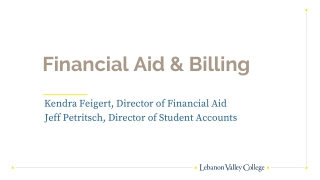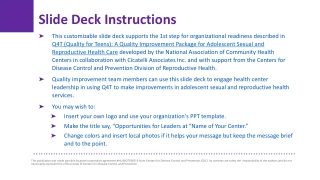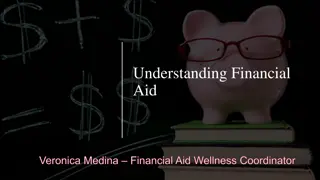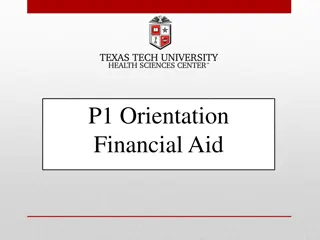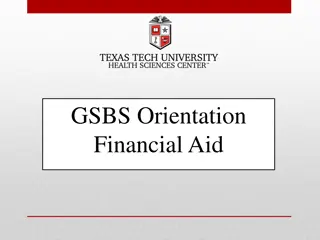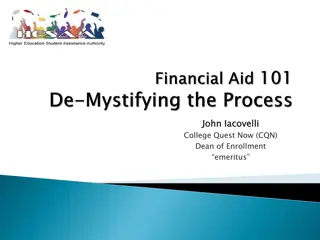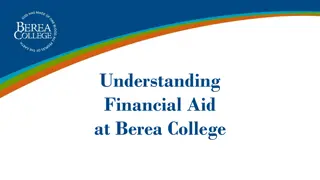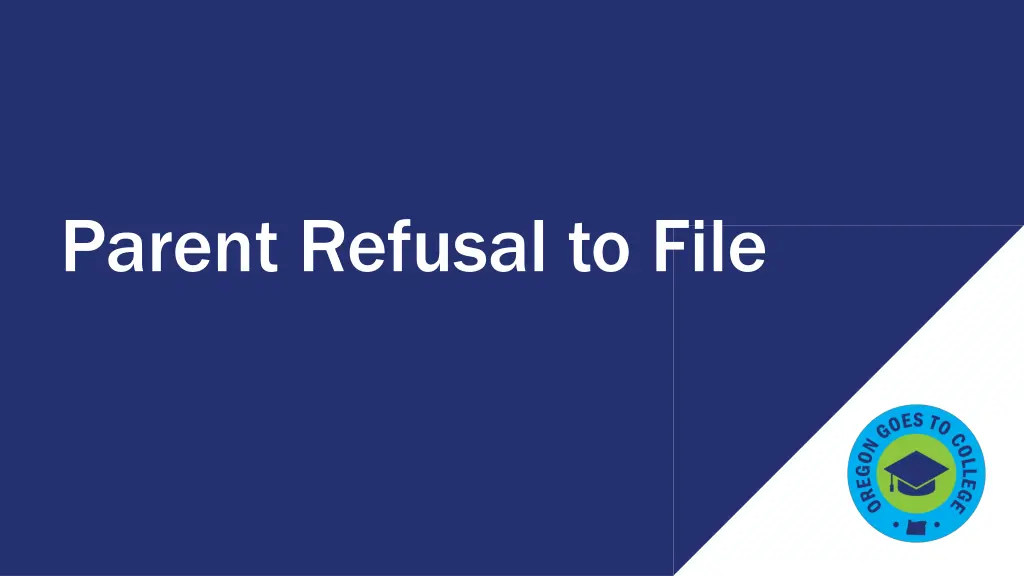
Understand Parent Refusal to File FAFSA
Learn why some parents refuse to provide information on the FAFSA form, how it impacts student financial aid eligibility, and alternative funding options available for students. Address common misconceptions and sensitive information concerns regarding FAFSA filing.
Uploaded on | 0 Views
Download Presentation

Please find below an Image/Link to download the presentation.
The content on the website is provided AS IS for your information and personal use only. It may not be sold, licensed, or shared on other websites without obtaining consent from the author. If you encounter any issues during the download, it is possible that the publisher has removed the file from their server.
You are allowed to download the files provided on this website for personal or commercial use, subject to the condition that they are used lawfully. All files are the property of their respective owners.
The content on the website is provided AS IS for your information and personal use only. It may not be sold, licensed, or shared on other websites without obtaining consent from the author.
E N D
Presentation Transcript
Parents Refuse to Provide Information Each year, we see families where the student's parents or parents refuse to provide information on the FAFSA form. Parent refusal to file means that the student cannot receive any federal or state financial aid, and many private sources of financial aid (such as scholarships) request applicants to file a FAFSA to be eligible.
Parents are not required to pay Some parents believe that if they provide information on the FAFSA, they are legally obligated to help the student financially with the cost of college. This is not true.
First Step The FAFSA is the first step to determining a student's eligibility for financial aid. Not every student will be eligible for each type of financial aid, but without a valid FAFSA, the student won't be eligible to be considered.
Other Sources of Aid Once the student has received their financial aid offer, they can begin to find sources of funding for any unmet need- sources other than their parent(s). The only individual obligated to pay for a college education is the student.
Sensitive Information If the parent objects because they don't want their student to know their personally identifiable information (PII), or their income and asset levels. You can reassure them that the student and parent information are siloed in FAFSA simplification. As long as the parent is present to enter in their own PII the student may have the parent enter in their PII in order to be invited to contribute information to the FAFSA.
No Need-Based Aid If the parent still objects, the student will not be eligible for federal or state need-based financial aid. However, the student may still be eligible for an Unsubsidized Federal Direct Unsubsidized Student Loan.
Unsubsidized Loans Only To ask for Unsubsidized Federal Direct Loan eligibility, the student may indicate on the FAFSA that they are applying for a Direct Unsubsidized Loan ONLY. The FAFSA will not collect parent information, but the student's eligibility will be limited to an Unsubsidized Loan; no other financial aid will be offered to the student from public sources.
Unusual Circumstances If the student has an unusual circumstance that prevents the student from contacting their parents, or if contacting their parents poses a risk to the student, there is a separate FAFSA process. Please see the "Unusual Circumstances" slides for additional information.

